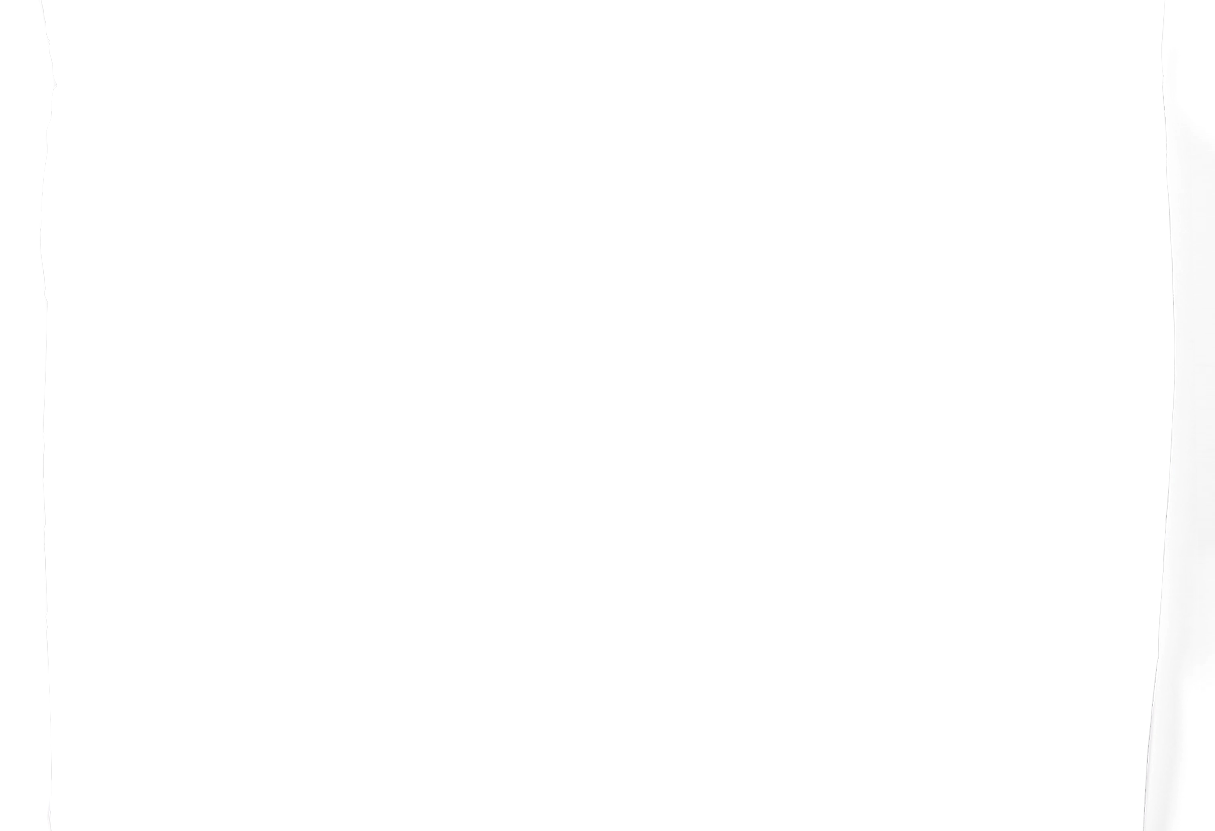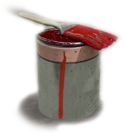Concept
The idea of linking an international arts festival with the industrial heritage of the Ruhr District has been enthusiastically received. Founder and first director Gerard Mortier succeeded in putting together a programme of such quality that the very first Ruhrtriennale in 2002-2004 established the festival as one of the most outstanding in Europe. The international reputation of the festival was consolidated during Jürgen Flimm’s tenure as director (2005-2008) during which he set out on a journey in time from the 19th century to the Middle Ages. With new artistic director Willy Decker at the helm, the Ruhrtriennale explores the tension between art and creativity and the primal moment of religiousness. In 2009 it was looking at the arena of Jewish culture, in 2010 at Islamic and in 2011 at Buddhist culture.
The settings for the Ruhrtriennale are the unique industrial monuments of the Ruhrgebiet, including the Zeche Zollverein in Essen, the Landschaftspark Duisburg-Nord, the Maschinenhalle Zweckel in Gladbeck and the Jahrhunderthalle Bochum. These have been turned into spectacular performance spaces for music, theatre, literature and dance. The Triennale has established an incomparable cultural location in the centre of Europe characterised by these performance sites. As part of this process the festival is also opening up new space for new directions in the arts: theatre directors present new dramatic and musical interpretations of song-cycles; jazz musicians produce opera; and in former machine halls and coking plants spoken drama, fine arts, pop music and the avant-garde are all melded into new forms, into new creations.
It is this concept that has made the Ruhrtriennale famous far beyond the borders of North Rhine-Westphalia. The New York Times has called it a laboratory for new artistic developments that is unique throughout the world. The renowned theatre critic Stefan Keim raved about “free spaces”. The NRZ felt: “As long as the Triennale creates such artistic-alloys within the industrial ruins, the festival is not only justified – it is essential.” The WAZ wrote “The Triennale has proved that challenging work can succeed if one woos the audience and whets their appetite for something unusual and new”. And the Süddeutsche Zeitung opined, “An unprecedented festival euphoria has been created in the Ruhrgebiet – a feeling of ‘us’, that allows for belief in the spirit of new departures, and last but not least, contributed to the acceptance of the application to become Capital of Culture 2010.”
The Triennale is an important ambassador for the region around the world. Literally so: David Pountney’s production of Bernd Alois Zimmermann’s opera Die Soldaten was rapturaously acclaimed on its premiere at the Lincoln Center Festival in New York in July 2008. Following Christof Schlingensief’s creation Church of Fear in 2009, another Ruhrtriennal production has now been invited to the 2011 Theatertreffen in Berlin: Mad Blood, produced in co-production with the Ballhaus Naunynstraße Berlin and which has also been invited to the 2011 Mülheimer Theatertage.





